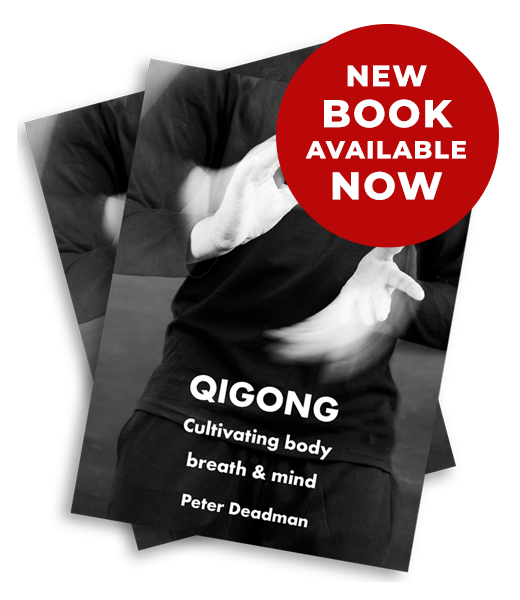A shocking report has just revealed that three quarters of Britons have felt so stressed in the past year that they felt overwhelmed or unable to cope. Even more shockingly, one in three have felt suicidal and one in six have self-harmed. Women (81%) were more affected than men (67%) and young adults were overall the most severely affected.
Apart from the direct misery of stress, it can also lead to serious health problems if it’s prolonged – including digestive disease (such as IBS, stomach ulcers), heart disease, insomnia, headaches, depression, weakened immunity, diabetes, infertility, loss of libido and erectile dysfunction and muscle pain.
It seems reasonably obvious what multiple factors might be causing this epidemic. They would include poverty, overwork and insecure work, insecure housing, poor diet, lack of exercise, constant exposure to threatening world news leading to fear of the future, lack of contact with the natural world, addiction to social media, obsession with consumerism and appearance and more.
In Chinese medicine – and more broadly in Chinese culture – there is a good understanding of the relationship between external factors and internal factors. For example in infectious disease, the relationship is between the external pathogen (virus or bacteria) and our internal immune system. We may not be able to avoid contact with the external factor but we may be able to strengthen our internal resistance.
Of course we should always make strenuous attempts to reduce exposure to pathogens (historically by ensuring clean water, hygienic waste disposal for example) in the same way that we should make strenuous efforts to achieve a political, economic and educational system that helps all of us lead happy rather than deprived and unhappy lives.
But I think it’s fair to say that in nearly every situation, we have some room to work on the internal part of the relationship – to improve our own ability to deal with external stressors. As a Tibetan Buddhist teacher once said, you can’t cover the entire road with leather but you can cover your own feet (and make shoes for others).
Learning and teaching ways to reduce out stress response, and to recover from stress when it gets out of hand, is vital for ourselves, our friends, families and communities, and our patients if we are practitioners.
And luckily, there are tried and tested ways available. These include:
- Slow coherent breathing – a simple technique that works to shift us from a tense and stressed sympathetic (‘fight or flight’) state, to a parasympathetic ‘rest and relax’ one. For more information about this core practice, you can watch this video.
- Exercise. All exercise seems to be beneficial in reducing stress, whether intense and aerobic, or more moderate like walking (especially in nature). Playing games or sport with others can add to this effect if it’s fun and sociable.
- Yoga, qigong and tai chi. Since these Asian-origin practices incorporate slow breathing and mindfulness, they are especially valuable in stress reduction. You can watch my (rather long) video about what is known as ‘internal exercise’ here.
- Meditation/mindfulness. Simple meditation (best learnt in a class) can teach us to train our minds in a way that allows us to monitor our feelings and gain some control over negative states such as stress. However there is some interesting research that suggests that ‘mindful movement’ – the slow conscious movement of the sort practised in yoga, qigong etc. – may make mindful stillness and attention easier to achieve than when sitting still. And both meditation and yoga/qigong etc. deliver one other important benefit – time on our own when we can attend to our own needs rather than the expectations of others.
- Contact with nature. We have lived in natural environments for most of our evolutionary history, and it is no surprise that even something as simple as looking at pictures of trees will reduce blood pressure and stress hormones. For a discussion of the different ways that connecting to nature can enhance our physical and emotional health, you can watch this video.
- Family and friends. One of the great skills of managing life is to identify which are the vital ingredients we want to keep sight of, then to try and arrange our lives so that we can find space for them. Connection with other humans is the essence of homo sapiens’ survival and we neglect it at our peril. Friends and family need to be embraced and enjoyed, and beyond that we have the potential to turn even the brief everyday contacts we have with passing strangers into nourishing meetings – with a smile, an acknowledgement, a few kind and friendly words and so on. In this way we benefit both ourselves and the other person.
- Practising gratitude. Cultivating gratitude feels like a valuable way to counteract harmful emotions such as dissatisfaction and greed. For some of us, life is relatively easy (we live in comfortable parts of the world and don’t have to struggle for basic survival) while for others it is much more challenging. But while we don’t want to engage in the smug satisfaction of those whose lives are richly endowed, I think it’s fair to say that whatever our life is like, there is some room for gratitude … for food when it’s there, for the sun when it rises, for the singing of birds, the smile of a loved one, the simple fact of being alive.





